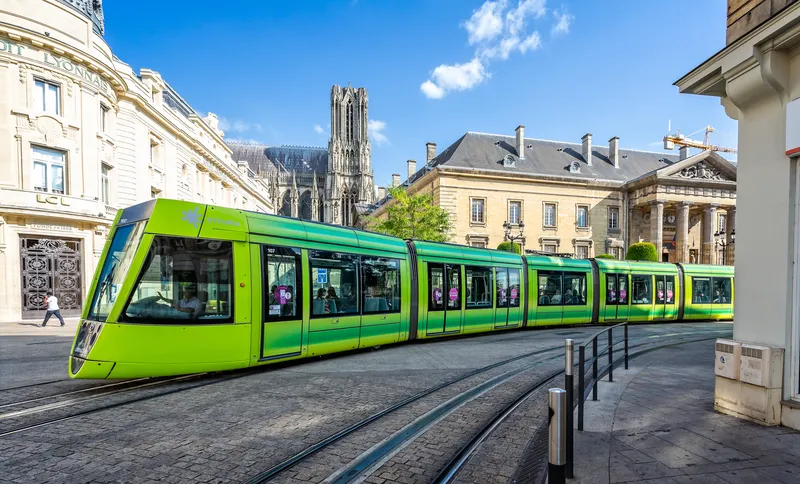
In what SkedGo says is “a significant expansion” of its Mobility as a Service (MaaS) offerings, the company now covers all regions of France.
The expansion into France “marks a crucial step" in its European strategy and use of its TripGo products that now is extended to every corner of the country.
The development opens the door to future interregional connectivity with neighbouring countries Belgium, Switzerland and Germany, said John Nuutinen, SkedGo chief executive.
"Completing our coverage in France is a testament to our commitment to making MaaS accessible and efficient across Europe,” said Nuutinen. “This expansion not only broadens our footprint but also exemplifies our dedication to breaking down barriers in transportation, offering unprecedented mobility solutions to our users."
Adding coverage for all of France was a particular challenge, he said, because there is no single data feed that includes all national data as in other European countries such as the Netherlands or Germany. Instead, the data is provided by separate data feeds from over 130 providers.
The SkedGo's MaaS solution now not only enhances local service support but also improves interregional travel between these newly-mapped areas and existing mapped areas in neighbouring countries. The project's success was further underpinned by the introduction of the innovative Region Plug-in scheme, an internal development designed to streamline the creation of regions, which will also enable third parties to create and improve regions directly.
The establishment of these French territories completes a network that includes the UK, Netherlands, Belgium, Germany and Switzerland and the whole Scandinavian region. This integration significantly reduces the technical and financial hurdles associated with adopting SkedGo’s sophisticated routing solutions.
Moreover, said the company, the enabled inter-regional routing capability spans most of Europe, including Scandinavia, facilitating the development of rural MaaS installations and promoting greater mobility inclusion.
SkedGo technology integrates more than 4,000 transport service providers worldwide and has a strong focus on customisation, which enables clients to offer more sustainable, active and accessible mobility solutions.







